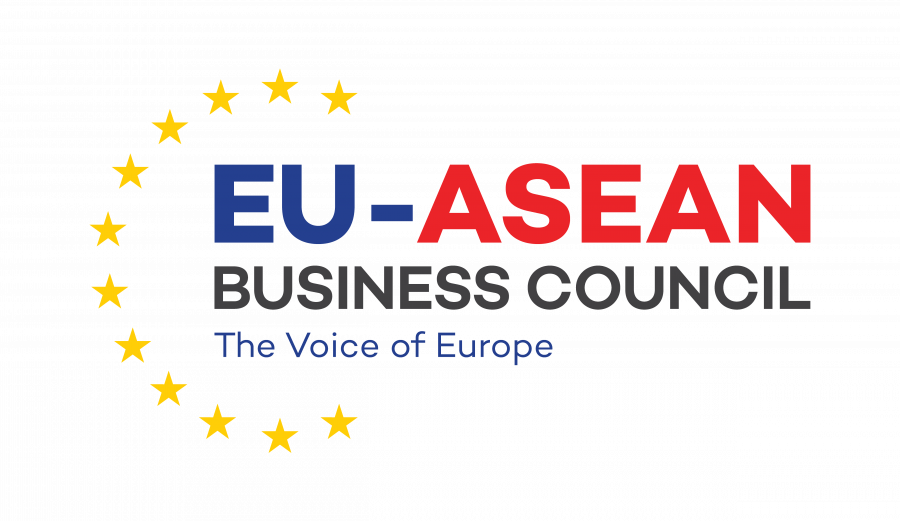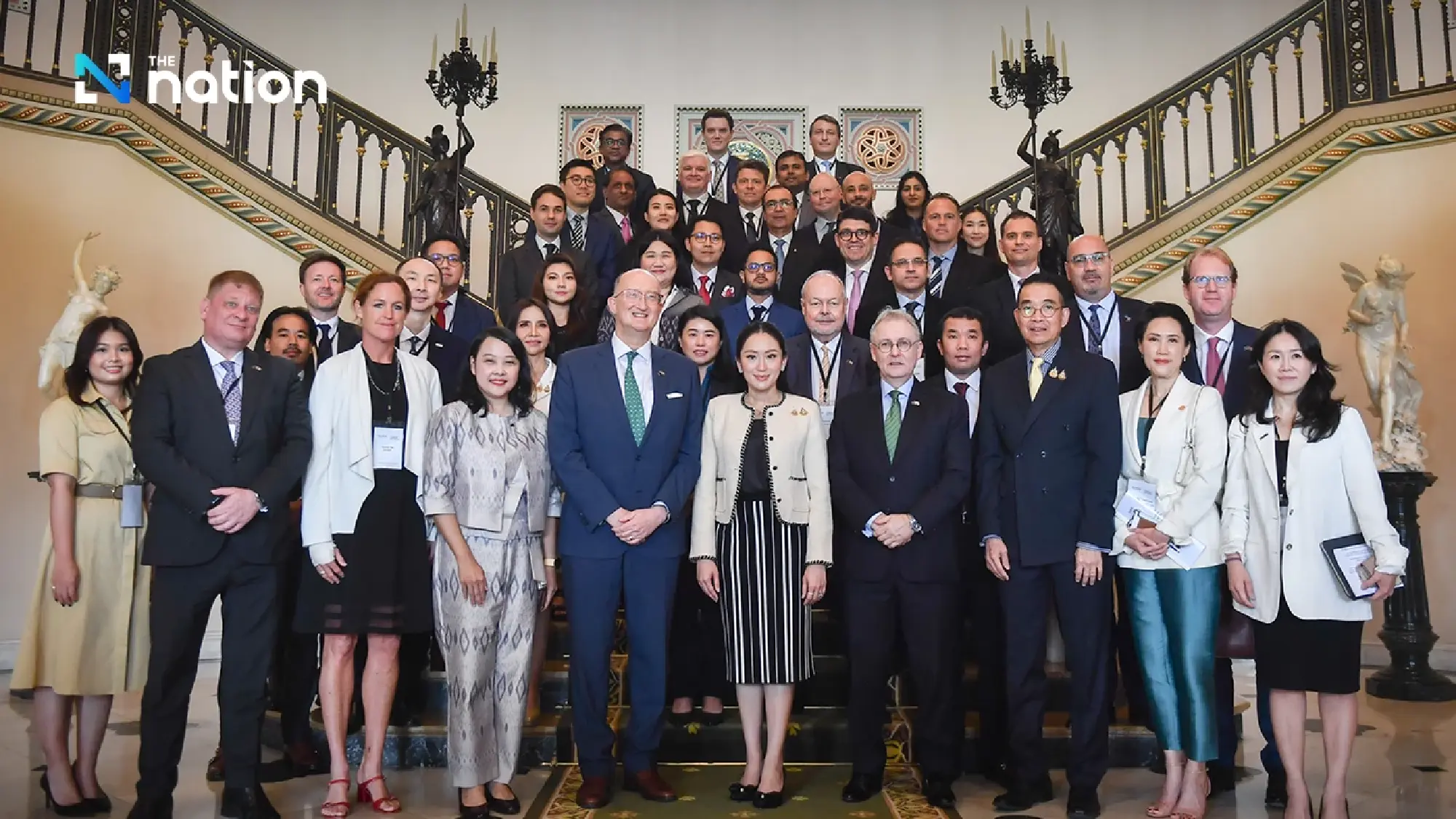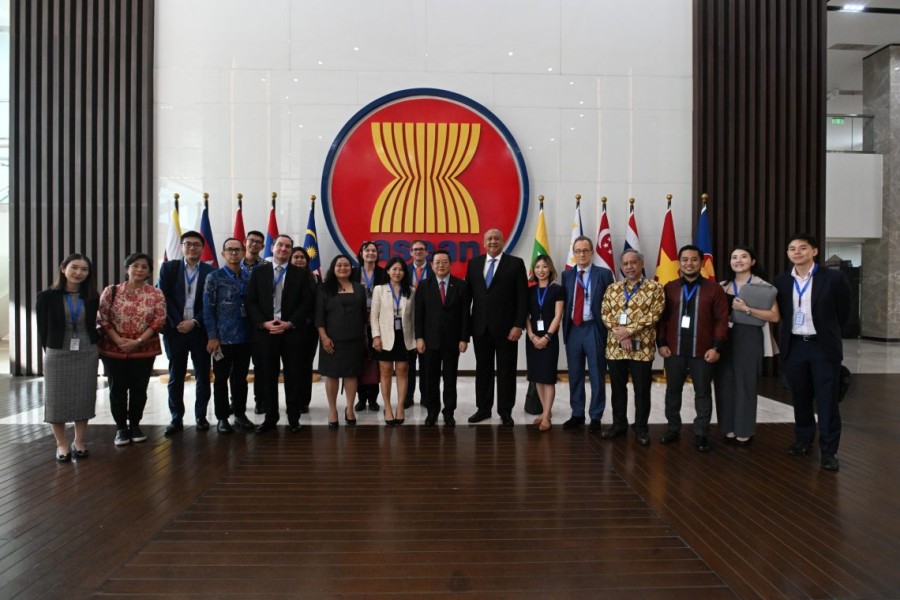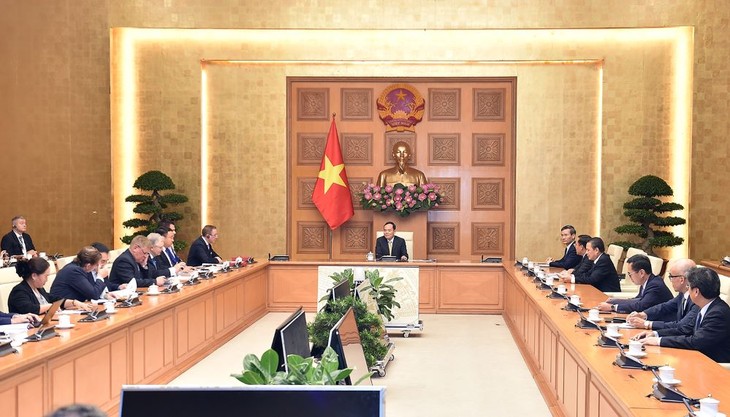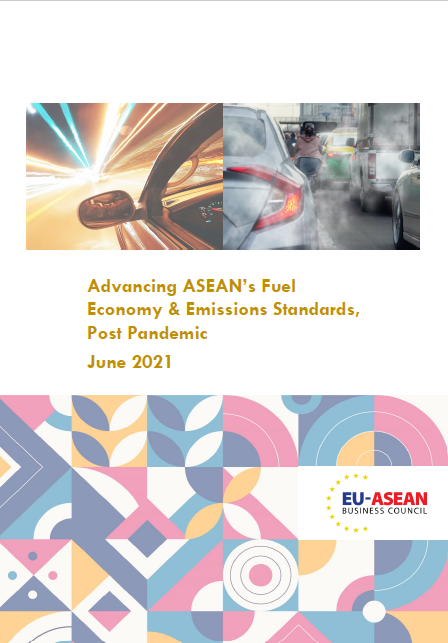
17 June 2021: The EU-ASEAN Business Council (EU-ABC) today published a report on advancing ASEAN’s Fuel Economy and Emission Standards, calling on ASEAN leaders to reduce pollution levels and improve its fuel efficiency to enhance the development of the region’s automotive sector and help meet ASEAN’s commitments related to climate change.
The EU-ABC, which represents the interests of the European business community across Southeast Asia, is optimistic about ASEAN’s position as an automotive hub. This is especially true as we move towards a new normal, with industry leaders looking to diversify away from China and build supply chain resilience. ASEAN’s automotive industry has the potential to be more competitive internationally and the report argues that cleaner technology adoption: improving fuel economy and lowering emissions, could be the way forward.
Chris Humphrey, Executive Director of the EU-ABC added: “ASEAN’s mobility sector stands at an inflection point, with the predicted growth[1] in vehicle sales offering both challenges and opportunities for the region. In order for the major and aspiring automotive hubs in the region to remain competitive and continue to attract quality investments from Europe, there is a compelling need for Southeast Asia to modernise its approach to automotive production, especially with regards to moving to cleaner technology adoption: improving fuel economy and adopting higher emission standards.”
According to the EU-ABC’s report there are clear social and economic benefits to the people of ASEAN if the region transforms its mobility sector. Adopting higher emission standards can boost the export competitiveness of ASEAN-made vehicles in key export markets (Australia Japan, New Zealand) which are adopting/implementing similar standards. Furthermore, by improving fuel economy standards, more fuel-efficient cars use less fuel to travel the same distance. This would allow consumers to enjoy cost-savings in fuel expenditure.
Socially, adopting higher emission standards such as the Euro 6 can reduce air pollution. According to Thailand Development Research Institute, the main cause of Bangkok’s air pollution is the habit of using private vehicles instead of public transport. Already, Prime Minister Prayut Chan-o-cha also spoke about the availability of cleaner and more efficient mobility alternatives such as electric and hybrid vehicles.
Martin Hayes President at Robert Bosch SEA & Vice Chairman, EU- ABC said: “The approach to powertrain technology must be open, as all modern powertrain technologies have the capability to reduce carbon emissions. Bosch and other firms in the European automotive industry have been continuously and substantially investing in research and development to further the innovations on all engine types. Following the recommendations laid out in the report, we remain committed to partner with ASEAN member states to capitalise on the potential of all available technological pathways and facilitate the development of environmentally friendly transport system in the region”.
To reduce emissions and mitigate the adverse effects of increasing car ownership, the EU-ASEAN Business Council thus recommends the adoption of different low-emission technologies across Southeast Asia. Solutions include using better engine technologies through higher emission standards and fuel additives. By adopting more environmentally friendly options early, it would lead to lower pollution rates and hence ensure a more sustainable economic development for ASEAN in the long run, whilst also opening up more export markets for vehicles manufactured in the region.
[1] http://www.asean-autofed.com/files/AAF_Statistics_ytd_nov2020.pdf
END.
View the full list of EU-ABC publications here
